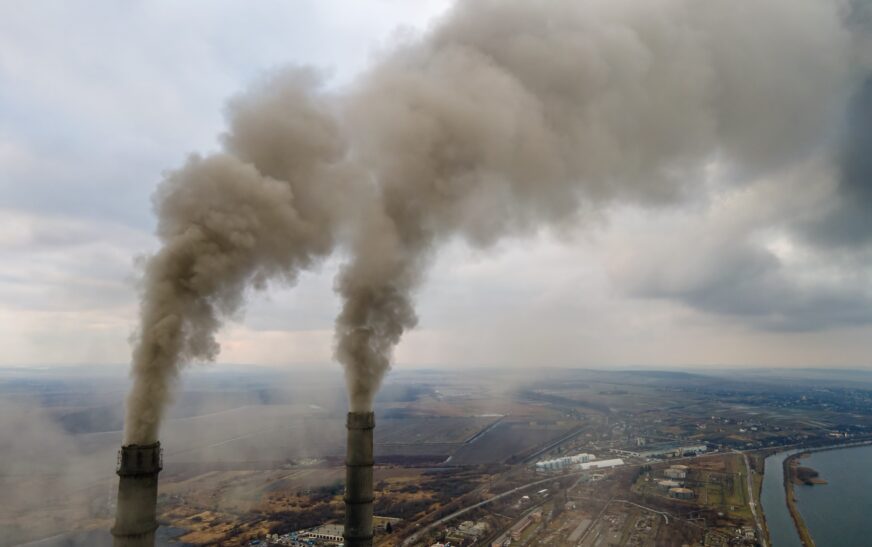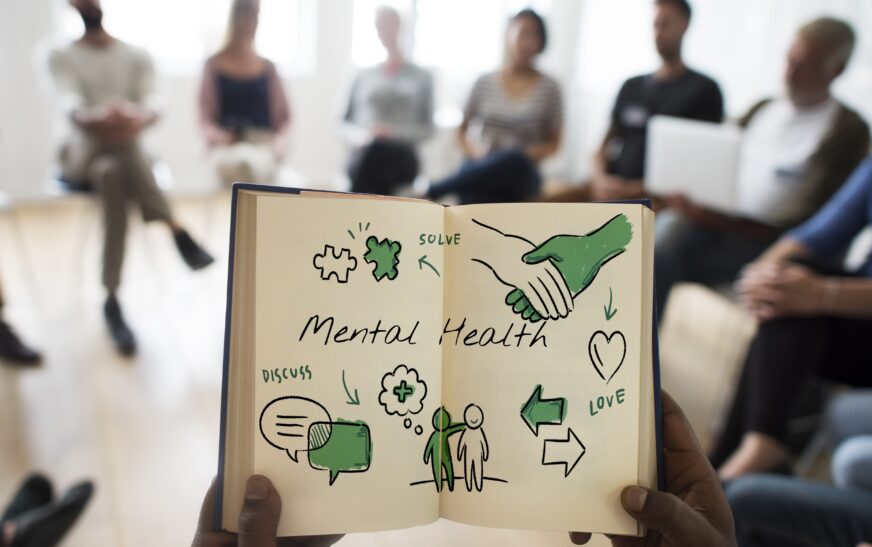Understanding Air Pollution and Health
Air pollution is more than just smoggy skies or traffic emissions—it’s a serious health threat. The connection between airs pollution and health has become a global concern. Studies show that prolonged exposure to polluted air contributes to a range of pollution-related diseases, including asthma, heart disease, and even cancer.
With urbanization and industrialization on the rise, understanding the impact of airs pollution on human health is more important than ever. Let’s dive into how air pollution affects our bodies and what steps you can take to protect your well-being.
What is Air Pollution?
Air pollution is the presence of harmful substances in the atmosphere that can affect both the environment and human health. Common pollutants include:
-
Particulate matter (PM2.5 and PM10)
-
Nitrogen dioxide (NO₂)
-
Sulfur dioxide (SO₂)
-
Ozone (O₃)
-
Carbon monoxide (CO)
-
Volatile organic compounds (VOCs)
These pollutants originate from vehicles, factories, burning of fossil fuels, and even household cleaning products. Poor air quality and health issues often go hand in hand.
Health Effects of Air Pollution: Short-Term vs. Long-Term
Short-Term Health Effects of Air Pollution
Short-term exposure to aer pollution can cause:
-
Irritation of the eyes, nose, and throat
-
Headaches and dizziness
-
Worsening of asthma symptoms
-
Respiratory infections
These symptoms are especially common in urban areas with high traffic emissions and industrial activity.
Long-Term Health Effects of Air Pollution
Prolonged exposure can lead to more severe health problems related to airs pollution, including:
-
Chronic respiratory diseases like COPD and bronchitis
-
Increased risk of heart attacks and strokes
-
Lung cancer
-
Developmental issues in children
-
Reduced life expectancy
The World Health Organization (WHO) states that approximately 7 million people die prematurely every year due to air pollution-related diseases.
Vulnerable Groups Affected by Air Pollution
Certain populations are more susceptible to the effects of polluted air, such as:
-
Children
-
Elderly individuals
-
Pregnant women
-
People with pre-existing respiratory or cardiovascular conditions
Protecting these groups from poor air quality should be a public health priority.
Air Quality and Your Immune System
Emerging research shows that poor air quality can weaken your immune system. Fine particulate matter (PM2.5) can penetrate deep into your lungs and bloodstream, triggering inflammation and reducing your body’s ability to fight off infections. This makes individuals more prone to viral illnesses and chronic diseases.
How to Protect Your Health from Air Pollution
Here are some practical steps to reduce your exposure and protect your health:
1. Monitor Air Quality Index (AQI)
Use apps or websites like AirNow to check local air quality before going outside.
2. Use Air Purifiers Indoors
Invest in a high-efficiency air purifier, especially if you live in a polluted area.
3. Avoid Outdoor Exercise During High Pollution Days
Limit physical activities near heavy traffic or industrial zones when AQI is poor.
4. Grow Indoor Plants
Plants like spider plants, snake plants, and peace lilies help purify indoor air naturally.
5. Wear Masks in Polluted Areas
N95 masks can filter out most airborne particles and reduce respiratory exposure.
The Bigger Picture: Environmental Policies and Community Action
Tackling air pollution and health risks requires collective effort. Support clean energy initiatives, reduce car usage, and advocate for stricter emission laws in your area. Cleaner air not only improves health but also benefits the planet.
You can learn more about global efforts on airs pollution from the World Health Organization here.
Conclusion: Your Health Depends on Clean Air
The impact of air pollution on human health is profound, affecting everything from breathing to brain function. While we may not be able to control outdoor pollution entirely, we can take individual steps to minimize our exposure and promote a healthier environment.
By raising awareness and adopting cleaner habits, we can reduce the burden of pollution-related diseases and lead healthier, longer lives. Always remember—clean air is essential for good health.













